1979, Revolution in Iran. 1980, Revolution in Poland. The fall of the Shah, the "King of Kings" in Iran, mass strikes and the "Solidarnosc" movement in Poland. What happened in the minds of the young women and men who were involved in the revolutions at the time? What happened to them when the revolution was suppressed or - as in Iran - when a religious-authoritarian elite took power?
The director Andreas Hoessli lived in Poland as a research fellow. There he met the reporter Ryszard Kapuscinski, who reported on the revolution in Iran. Kapuscinski's notes are the starting point of the film narrative, in which the director also takes up the files of the Polish secret service about himself where he discovers that he is to be recruited as a informer under the name "Hassan" for the secret services of the Polish People's Republic.
World Sales: Antipode Sales & Distribution documentary@antipode-sales.biz
